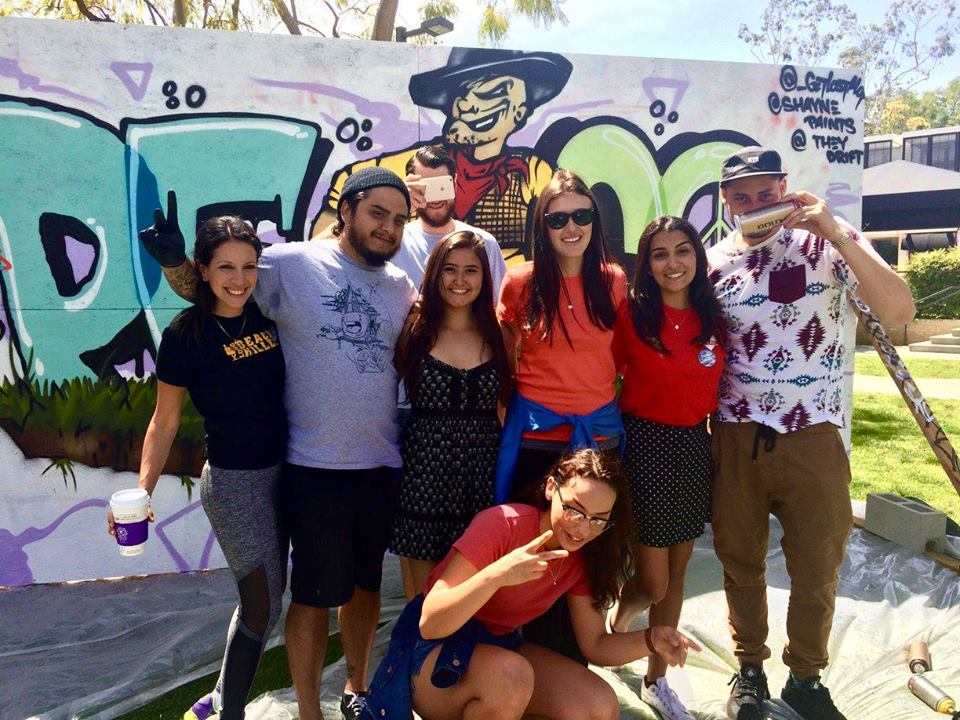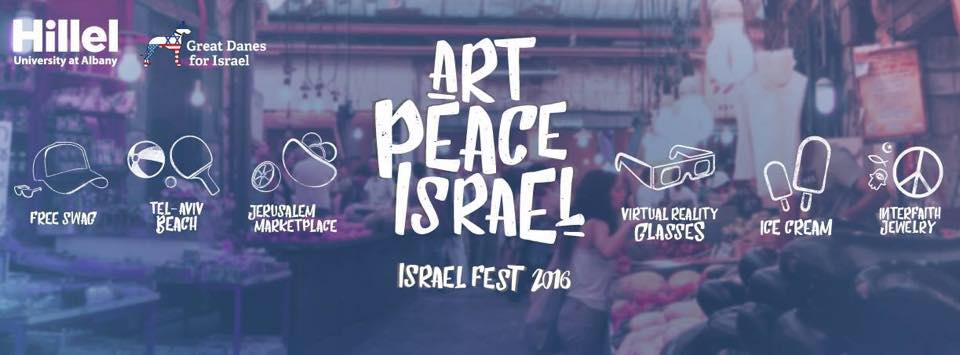
Artists4Israel is an organization that works to uplift communities and promote the artistic and cultural freedoms of Israel through interactive hasbara initiatives. In the past, Artists4Israel has participated in campus events run by pro-Israel, CAMERA-supported groups at SUNY Albany and Cal State Long Beach. By encouraging students to paint Israeli-themed billboards or work on graffiti-style art projects, Artists4Israel renews Israel pride at many college campuses, but the group’s efforts do not end there.


As the organization explains, Artists4Israel was originally created in 2009 because just as Hamas was threatening Israel’s security with constant rockets, the enemy was also trying to attack the arts. They believe that the right to free artistic and cultural is fundamental for the independence of a democracy. Artists4Israel makes great efforts to protect Israel’s right to artistic expression and artist volunteers teach people about this issue all over the globe.

Art/Over/War: Tattoo is a beautiful project created in order to help Israeli veterans overcome PTSD by providing them with cathartic tattoos. Famous tattoo artists hope to help heal these injured individuals through their tattoo art skills.

Artists4Israel built a mini museum in Washington DC, The DC Bomb Shelter Museum, in order to convey to Americans the Israeli experience of running to bomb shelters when the country is too-often bombed by terrorists. Artists4Israel placed this museum in DC in order to provide American politicians an opportunity to truly understand the reality of living through a Hamas rocket attack against Israel before they continue to make important decisions that affect the Israeli security situation.
Headed by Executive Director Craig Dershowitz who is known for his “vicious commitment” to Israel, Artists4Israel serves to combat the cultural war against Israeli artists and artistic expression. CAMERA on Campus commends Artists4Israel and its tremendous efforts to promote Israel through such creative and diverse projects.
Contributed by CAMERA Intern Penina Simkovitz

